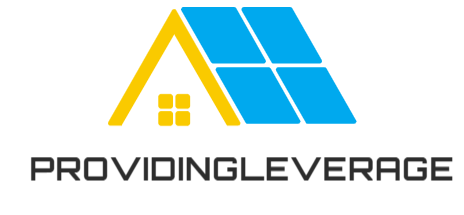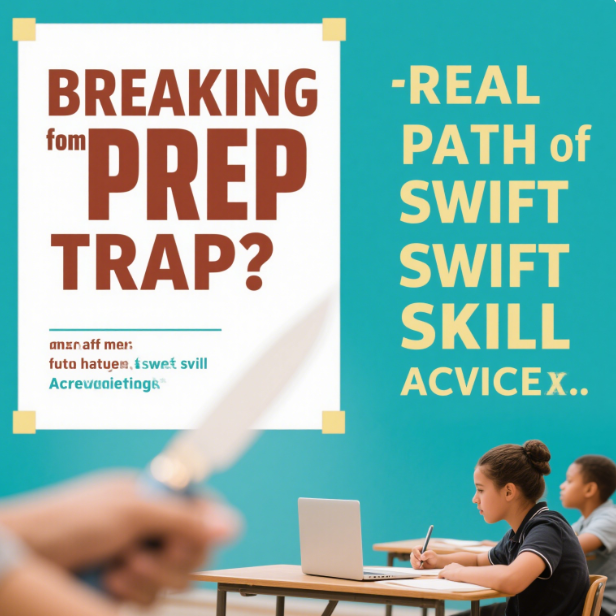In the vast landscape of self – improvement, the allure of rapid learning is undeniable. We’re bombarded with promises of quick fixes, secret techniques, and shortcuts to mastering new skills. I, too, was once ensnared by this allure, and my attempt to learn French became a pivotal lesson in the art and science of true skill acquisition.
I fancied myself well – versed in the rapid learning playbook. I knew the strategies backward and forward: dissecting skills into manageable parts, zeroing in on the crucial “80/20” elements, and leveraging tools like spaced repetition to turbocharge memorization. With this arsenal in my intellectual toolkit, I embarked on my French – learning journey with gusto.
Weeks were dedicated to rote memorization of vocabulary, painstaking study of grammar rules, and drilling common phrases. I was convinced that I was laying a solid foundation for fluent communication. But then, reality came crashing in when I arrived in Paris for my first lesson with a tutor.
When he suggested we immediately put my skills to the test in the real world, I was filled with dread. Standing in front of that pâtisserie, my mind went blank. All those hours of studying couldn’t prepare me for the simple task of ordering pastries. It was a humbling moment that shattered my illusion of proficiency. This experience was a stark wake – up call, revealing the emptiness of much of the rapid learning hype.
Techniques like deconstruction, 80/20 selection, and spaced repetition have their place. They can create the illusion of mastery, much like the wizard behind the curtain in “The Wizard of Oz.” However, they often lead to a shaky foundation that crumbles at the first sign of real – world challenge. They offer a false sense of competence, lulling us into a state of complacency and diverting us from the true essence of learning.
But here’s the good news: skill acquisition doesn’t have to be a slow, arduous process. Through my own experiences of teaching myself marketing, sales, and programming, I’ve discovered the key to rapid learning. The secret lies in understanding and navigating the two distinct phases of learning: Prep and Practice.
The Prep Trap is a common pitfall that ensnares many learners. It’s the tendency to linger in the Prep phase, believing that we need to amass more knowledge, read more books, or take more courses before we’re “ready” to take action. The allure of Prep is easy to understand. It’s a comfortable, risk – free zone where failure is almost non – existent. But this comfort comes at a cost. It can lead to years wasted on virtual badges in language learning apps, graduates with impressive degrees but no job prospects, or aspiring entrepreneurs who have read countless books but never launched a business.
The solution? Do just enough Prep to start Practice. The moment you have a basic understanding of a skill that allows you to take your first, albeit shaky, steps in the real world, it’s time to leap into action. Success in the Prep phase doesn’t mean being able to guarantee success in the real world. In fact, waiting until you’re certain of success is a surefire way to get trapped in the endless cycle of preparation.
The beauty of this approach is that, for most skills, the transition from Prep to Practice can happen in a matter of hours. All it takes is identifying a simple project related to the skill you want to learn and gathering the bare – minimum information and tools needed to get started.
For language learners, it could be as simple as having a basic conversation script to try out with a bilingual friend. Sales enthusiasts can start with a product to sell and a basic sales script. Programmers can begin with a simple project like building a basic website, using tools like ChatGPT for guidance. Fiction writers can start with an idea and a basic story structure, while advertisers can begin with a product to promote and a basic understanding of an ad platform. Carpenters can watch a YouTube tutorial on building a simple box and gather the necessary tools.
By taking that first step into the Practice phase, we open the door to real learning. We expose our weaknesses, make mistakes, and learn from them. It’s in this arena of trial and error that true mastery is achieved. So, the next time you’re eager to learn a new skill, don’t get stuck in the Prep Trap. Take that leap of faith, start practicing, and watch as your skills grow exponentially.




